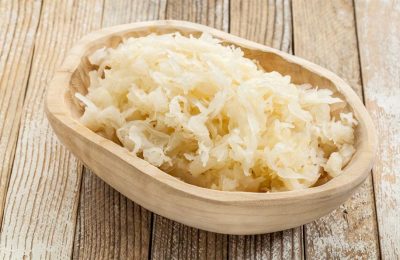Cold pressed primrose seed oil is rich in gamma-linolenic acid (GLA), a polyunsaturated fatty acid.For this reason primrose seed oil is highly prized dietary supplement. The oil of mature seeds contains approximately 7-10% of GLA which is not actually an essential fatty acid because it can readily be created from linoleic acid. But this metabolic process can be disturbed when person is exposed at high level of mental and physical stress. Now a days with pollution of the environment and impoverishment of food quality GLA is oftenin deficit. GLA has its role in normal functioning of immune system through prostaglandin. GLA is a preliminary stage in the production of prostaglandin, which is essential for the proper functioning of a cell. Some conditions such as Sjögren syndrome, premenstrual syndrome (PMS), polyarthritis, multiple sclerosis and menopausal symptoms can be induced by a prostaglandin shortage. So additional intake of GLA might help in controlling these symptoms.

Primrose seed oil showed lot of success in treating acne and hair loss (essential omega-6 fatty acids, GLA can be highly effective in the fight against hair loss. Try taking 25 drops of primrose seed oil 3 times per day, you will begin to see results in two months.You can also rub primrose oil into your scalp or add it to your shampoo, or massage your scalp once per day with essential oils such as primrose seed oil, lavender, lemongrass and cypressand after six months you will experience significant hair regrowth), in taking care of mature skin and wrinkle reduction (you can add primrose seed oil in your face creams or use it directly onto your face and body), in treating osteoporosis by controlling hormone imbalance, in treating eczema, psoriasis and atopic dermatitis.
It is interesting to say that whole seeds of primrose can also be used similar to sesame roasted and in pastries.
Note: Recent research reveals that too much omega-6 in the diet creates an imbalance that can interfere with production of prostaglandin. The side effects are forming blood clots, inflammation, high blood pressure, irritation of the digestive tract, depressed immune function, sterility, cell proliferation, cancer and weight gain.
Caution is recommended during pregnancy, lactation and with people who are on anticoagulant therapy.




